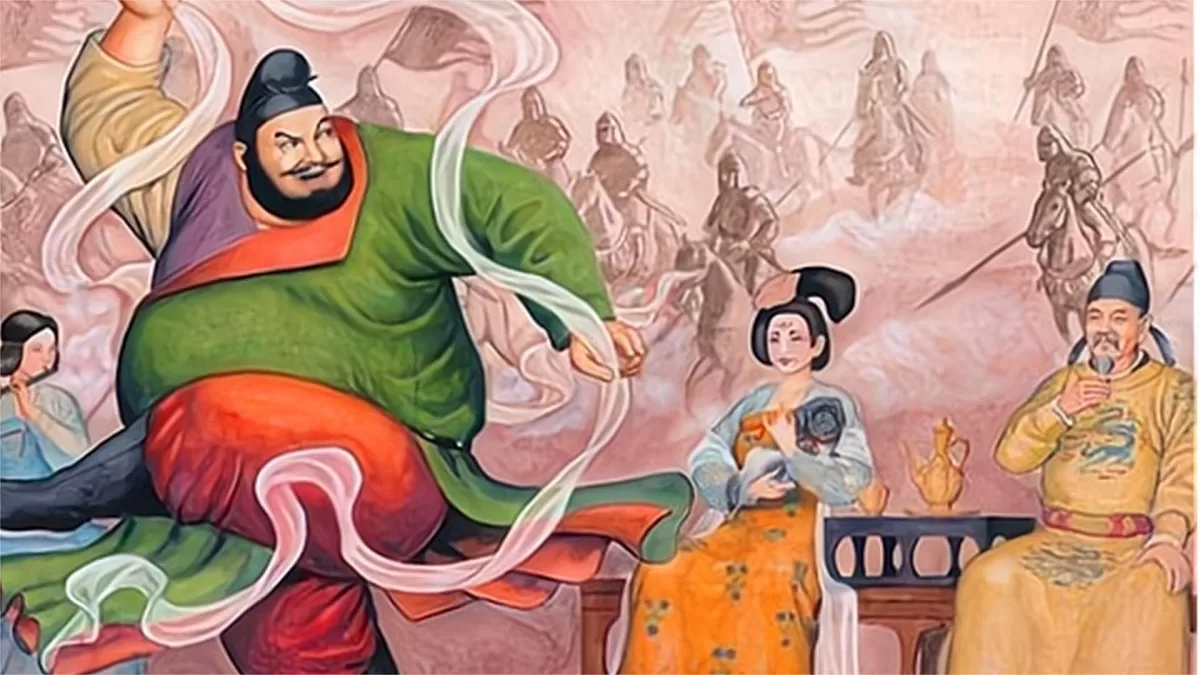An Lushan (安禄山) (703-757), originally surnamed Kang, was a key figure in the An Lushan Rebellion, a devastating event during the Tang Dynasty in China. Born in Yincheng, Liaoning (modern-day Chaoyang), An Lushan originally belonged to the Kang family of the Western Regions. His father passed away early, and his mother, Lady Ashide, remarried to General An Yanyan. From then on, he adopted the surname An and became proficient in the languages of the Six Frontier Peoples.
In the year 732, Zhang Shougui, the military governor of Youzhou, recognized An Lushan’s valor and cunning, appointing him as the commander of the Catching Alive Battalion and adopting him as his foster son. In 740, he was promoted to the position of General of the Pinging and Lu Armies due to his military achievements. An Lushan used bribery to establish connections with Tang envoys sent to the north, earning the approval of Emperor Xuanzong (Li Longji). His rise continued, and he held positions such as General of Jinjiang Cavalry and military governor of Yingzhou.
An Lushan’s flamboyant and eccentric personality contributed to his rapid ascent. In 743, he became the Grand General of the Northern Frontier and, with his small tricks, managed to win the favor of Emperor Xuanzong and Yang Guifei. Due to his immense girth and obesity, he performed a distinctive dance that involved swaying his belly. His promotions continued, receiving gifts such as an iron scroll, the title of Duke of Yincheng, and the posthumous title of Grand Commander of Fanyang. In 755, he rebelled against the Tang Dynasty, marking the beginning of the An Lushan Rebellion.
In 756, An Lushan declared himself the Emperor of Yan and established the Shengwu era. He further advanced his forces, capturing Tongguan and occupying Chang’an. The rebellion posed a severe threat to the stability of the Tang Dynasty, and the empire faced a perilous situation.
An Lushan’s cunning and martial prowess played a pivotal role in the An Lushan Rebellion, which proved to be a turning point in the fortunes of the Tang Dynasty. His rebellion had a profound impact, marking the decline of the Tang Dynasty, and the once-mighty empire faced imminent dangers. An Lushan’s legacy is one of deceit, military skill, and the catalyzation of a critical period in Chinese history. In 757, he met his demise at the hands of his own son, An Qingxu, marking the end of his tumultuous and impactful life.


